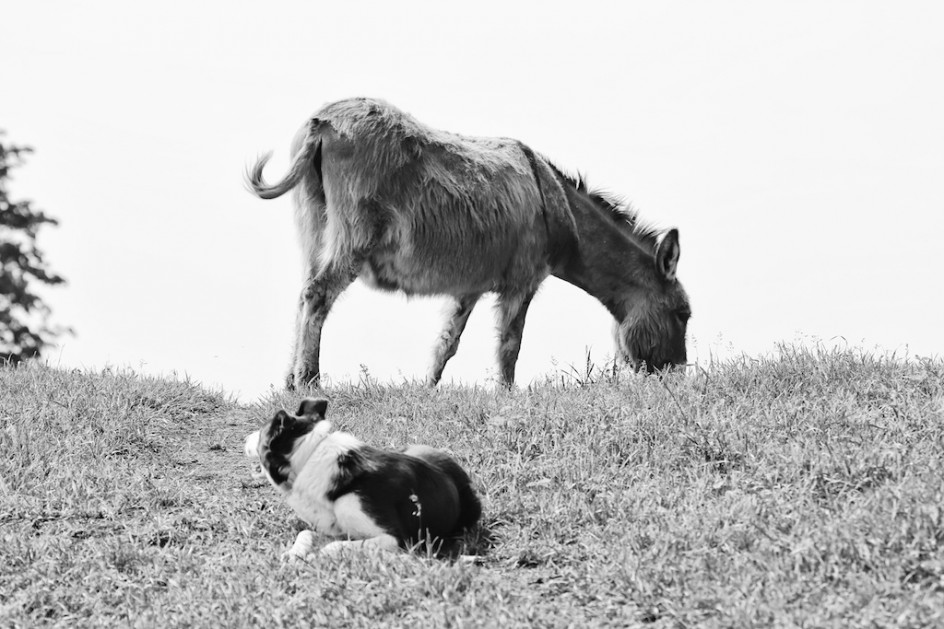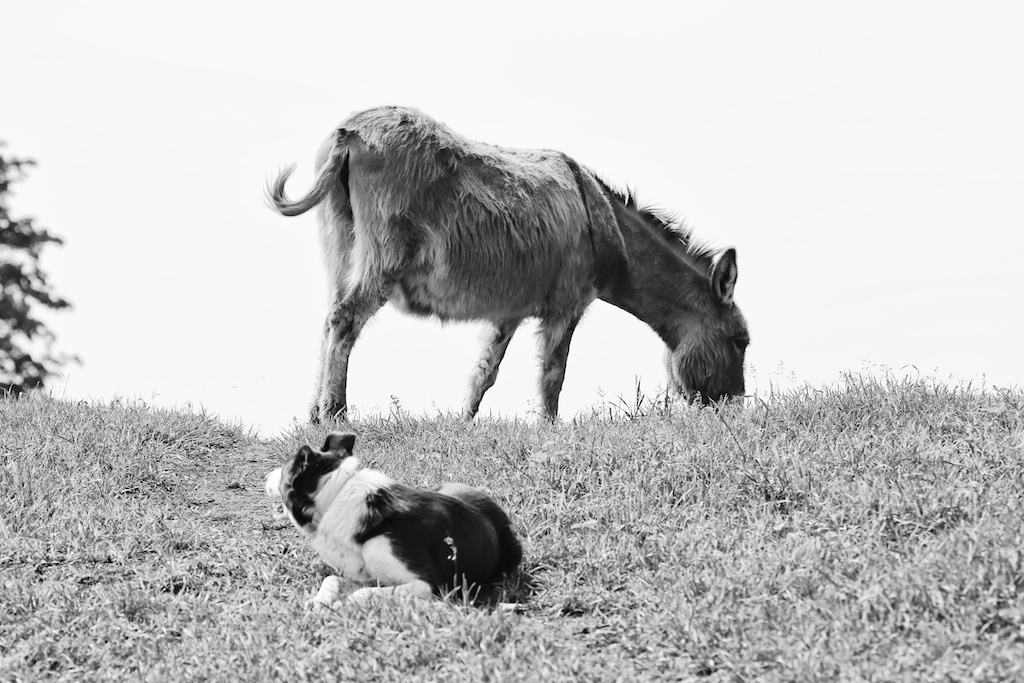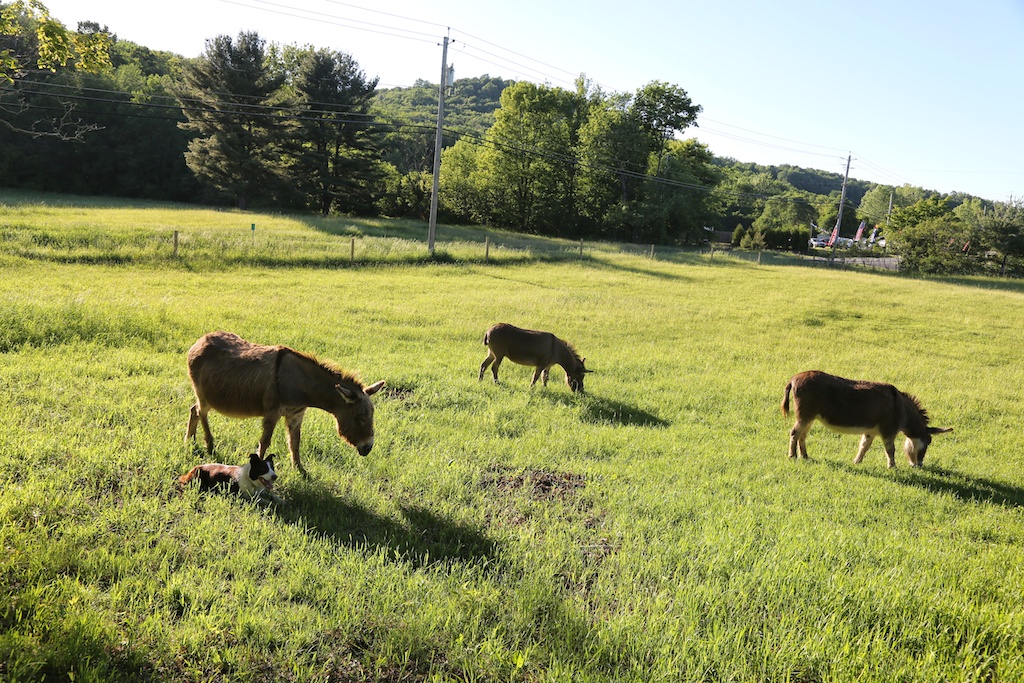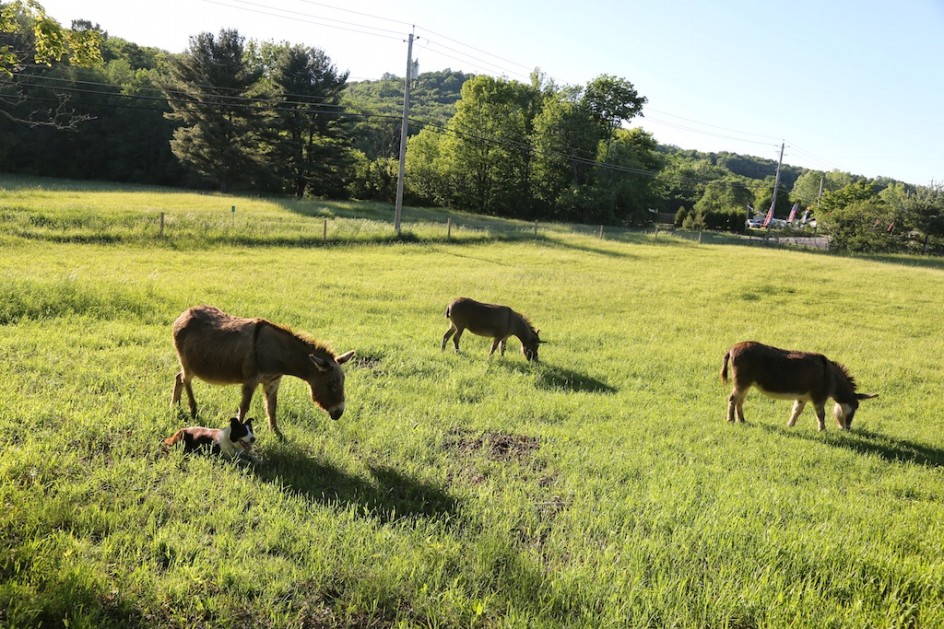
It was a long day and I was tired, I was nodding off reading a mystery set in Shanghai, dreaming of bills I owe and of my long struggle with corporate notions of publishing, money and success. What writer does not struggle with these things? I heard Maria speaking softly to me, saying here, you have to watch this speech. I thought I was dreaming.
I was, in a way. Last year, I published my first e-book original, “The Story Of Rose,” and it was about my life with Rose, I put my blood and sweat into it, I wrote it and polished it for six months and my publisher, a big corporate publisher, cautiously agree to publish it as an experiment. The book was one of the best I have ever written. It quickly got more than 120 five-star reviews on Amazon, was universally praised and hit the New York Times Bestseller list both for print and e-books, a difficult thing for an e-book to do.
The book was on the Times list for several weeks, sold about six thousand copies at $2.99 and then dropped off the list. and sales slowed. There are so many books being published their shelf lives are not long. When I proposed another e-book my agent at the time told me the publisher said that book was not successful and they didn’t want to publish another one with me. I was surprised, hurt. A failure? I wondered. My first e-book, it hit the New York Times list and sold more than 6,000 copies. Yes, she said, but to my publisher, that is a catastrophe, the book was not successful, the sales are too small. I was not surprised by the sales figure, my books are often not precisely what people want to hear, I usually write against the popular grain, I have no reason to expect huge sales, although I always do.
I have nothing to complain about, I am not much for lament. My books have often made the Times list, I am a five-time New York Times bestseller, I have made my living as a full-time writer for three decades. But in this new world of corporate publishing, my sales are now something of a disappointment, or at least I have allowed myself to feel that way about them. I have loyal fans and readers, they support and love my work, but the bar for writers has gotten higher and higher as corporations have taken over publishing and profit has become more important. Then the digital book revolution. As publishing changed, and hardcover book sales slowed, I became more and more concerned about my future, and so began the blog, my photography podcasting, turned to social media. I resolved not to whine or complain about this, but to get to work and change. So I have, and so I am.
Gradually – and very painfully for me – I began to ask my readers for help in continuing my work by paying for the new work I was doing and they were reading, in a way the new book, the new publishing. The big-selling books about dogs are different from mine. My dogs are not crossing any bridge to meet me any time soon.
My books might not get me onto Oprah, but my blog numbers are pretty impressive – nearly 160,000 visits last month. How to reconcile this? I tried to understand that my very hard work was valuable even though it was not commercial in the contemporary sense of modern publishing. A few years ago, my sales were considered very good and I felt very successful. I never thought to ask readers to pay for anything beyond the cost of my books, and I didn’t need to. I struggled to square that with what I was feeling and hearing now. I was slow to grasp the changes I need to make in the way I saw myself and my work. I did sense the wondrous power of the Internet to connect me directly to my readers in a way publishers could not really imagine.
Last week, I bowed to the inevitable and proposed and set up a subscription process and offered people a $5-a-month subscription option, a $60 a year subscription option, and a one-time contribution. Some people wrote me out of concern. “I am looking for work and I can’t send you any money, can I still keep on reading your blog?” Of course, I said, it is still free. But I also said that one day it would not be, as I have to get paid for my work just like anyone else, or I cannot survive to do it. When you get a new job, I told my good friend, I hope no one will ask you to do it for free.
I am keeping the blog free to those who can’t afford those options, I hope I can do that forever. For years now, I have been offering my work, my writing, thoughts and photography for free. That is not a rational thing. The question in publishing is always the same: how can we get people to pay for a writer or artist’s work? My question is different: how can we let them pay for my work? I see from the responses to the contribution offerings that people are not only willing to pay for work that connects with them, they are eager to. It means all the more to them and they are pleased to do it. The pain and discomfort seems to have come from me, from my attachment to the old way. A typical message – one of scores – was from Valerie. I thanked her for her $5-a-month contribution and she wrote back, “you are very welcome. You gave me a great gift.” She said that more than a year ago, she was in a terrible accident, suffering from injuries, trauma and depression. Her mother sat by her side and began to read my work to her. “Your writing took me out of my self,” she said, “in such a gentle, beautiful and poignant way. Gradually, I began to read it on my own. My heart opened. Thank you. Thank you. Thank you.”
Thank you, Valerie, you cannot know what that means to me to get messages like that. The Internet sometimes works in invisible but very powerful ways. There were lots of messages, as if they were waiting all this time. From people who started blogs. Who sought love. Who struggled with depression and anxiety. Who seek the meaning of animals in their lives. Who took photos and painted pictures and wrote poems. Who listened to their inner spirits and set them free. Who set out on so many hero journeys because I shared my own. It is not a lot of money, but it is huge step towards securing my new life as a writer. It is affirming, it reminds me that my work is valuable, it is important.
So here was the antithesis of the pre-Internet, corporate idea of payment for one’s work. Valerie was actually thanking me for letting her send me $5 a month. This shocked and touched me, as have so many of the other messages which are helping me see the way for me, to understand that the connection we make with one another online is very real and very powerful. I don’t need a big book to survive. Even as I hoped for this, I did not quite believe it was possible, the freedom, the affirmation, the intensity of it.
As I drowsed off in my chair, trying to work out my new life, Maria woke me and said, hey, I am listening to a Ted Talk by Amanda Palmer, and it is about you and what you are doing. You have to listen to it, she said. And I did, and she was right and I have to share it with you. One of the first things I heard her say was that she longer asked herself how she could make her fans and followers give her money. Her question was how could she let them. Her music label dropped her and her band because her album only sold 25,000 copies. That, they said, was a failure. Like me, she grasped that the music she offered online was her new production contract. She could do the work she wanted and that people loved and get paid for it. She asked her readers to pay her directly for her work if they loved it, and she raised more than one million dollars over the Internet so she could continue creating and performing her work. Just about 25,000 people contributed.
I promised myself after “Rose In A Storm” that I would never again let someone else define success of failure for me and my work. It is not measured by hundreds of thousands of dollars but by messages like Valerie’s. Amanda Palmer touched my heart, she is a pioneer, I love her bravery, honesty and spirit, she trusts not only the Internet but the people who love and support her work. She lets them pay her for work, and thus is free. Your subscriptions are appreciated.









